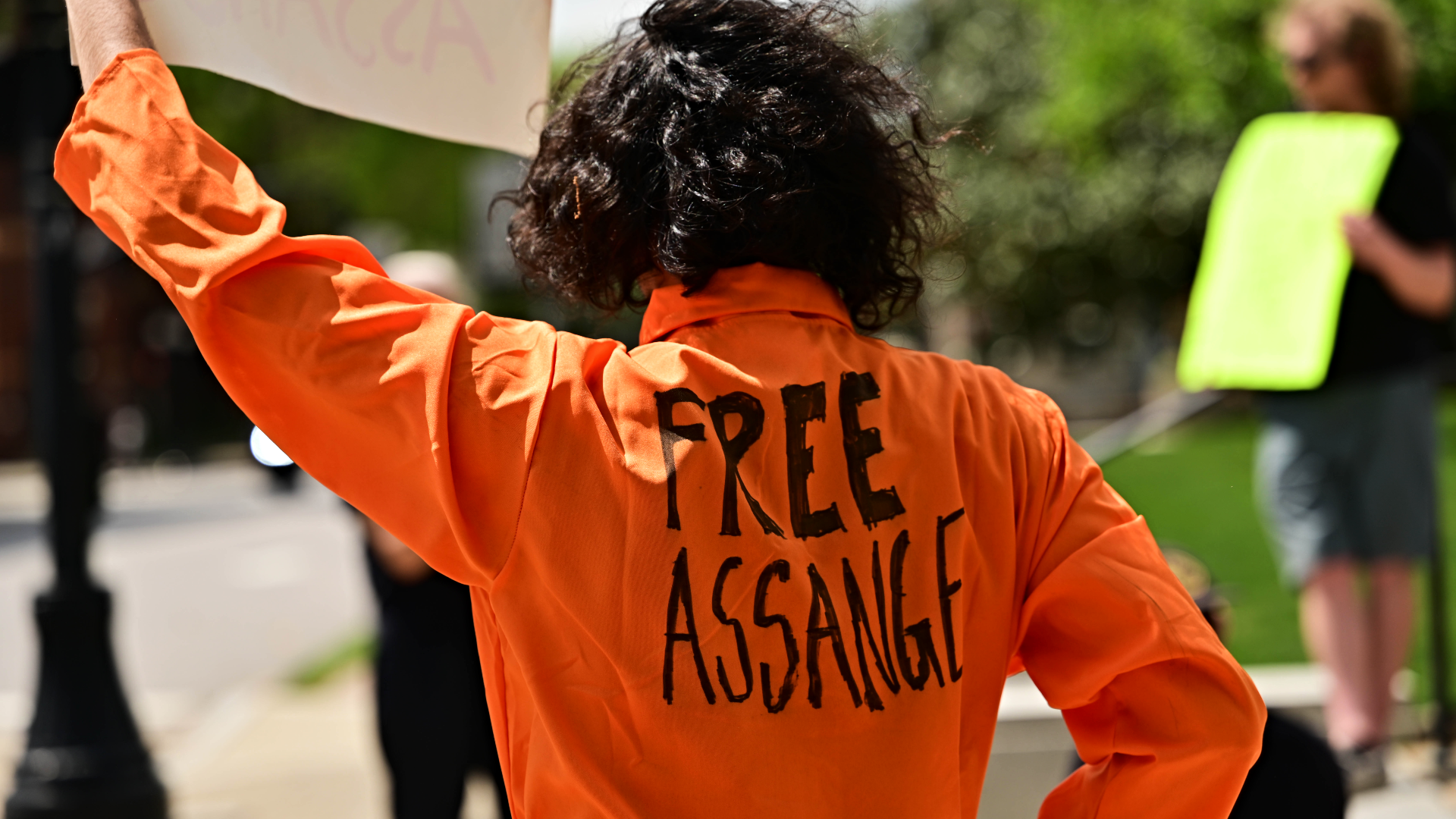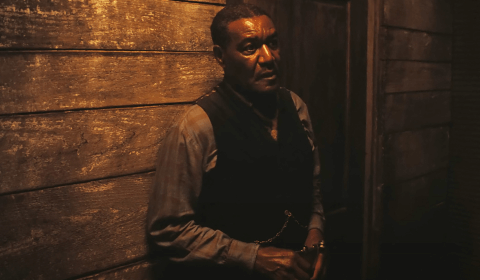The case of Julian Assange has taken the media by storm igniting bombshell debates from the public to governments.
Julian Assange became a prominent figure in the press when he made classified information public via WikiLeaks. Established in 2006, WikiLeaks has become a powerhouse for previously unknown information, causing significant headaches for governments.
Assange was granted asylum by the Ecuadorian embassy in London during 2012, because he feared being extradited to Sweden following two separate allegations of sexual assault.
However, in 2019, after a series of exposés involving the Ecuadorian government, the nation’s president, Moreno, accused Assange of several security breaches, and the Metropolitan police proceeded with his arrest.
Notable leaks
Prominent leaks by the organisation revolve around various governments and appalling actions ranging from human rights violations to war crimes and corruption.
Throughout the years, the platform has garnered support with some calling it an opportunity to change the ways of the media.
Nonetheless, the US has always been one to publicly voice its distaste for WikiLeaks claiming that it sought to do harm to the American establishment security-wise.
The American detest stems from a major leak involving the Baghdad Airstrike ‘Collateral Murder’ video in 2010 – wherein airstrikes killed several Iraqi citizens with two Reuters journalists. After that, war logs from the Afghan and Iraq wars were released, and then Cablegate.
Cablegate included classified military correspondence between the US and its emissaries. Following this, the American government officially launched a criminal investigation against the activities of WikiLeaks in 2010. This wouldn’t stem the flow of disclosures, however.
In 2016, the organization released emails from the Democratic party that are speculated to have fuelled Hillary Clinton’s loss in the election. The following year saw the platform leak the Vault 7 CIA files depicting the alarming hacking capabilities of the agency.
Assange’s future
As of now, Assange is currently awaiting extradition as he sits in Belmarsh Prison, London. The case built by the US government sees him being charged under the Espionage Act.
The Act prohibits the disclosure of classified information to unauthorized persons. Assange is charged with 17 counts of such an offence with a maximum penalty of 10 years in prison. He is also charged with a count of computer intrusion which carries a far harsher maximum charge of 175 years in prison.
With Assange being a native to Australia, the involvement of the Australian government comes as no surprise. However, some have accused the Australian government of abandoning Assange and failing to do enough to protect his rights. Others argue preventing any geopolitical tensions should take precedence.
Australian officials state that they are committed to ensuring Assange is treated fairly and that his rights are respected while conceding that it cannot interfere in the legal process of the UK or US.
In 2023, the Australian government called on the US to drop the charges against Assange. It argued that the charges are politically motivated and that Assange’s prosecution would set a dangerous precedent for press freedom.
The US government has defended the charges, however, arguing that Assange put lives at risk by publishing classified information.




















